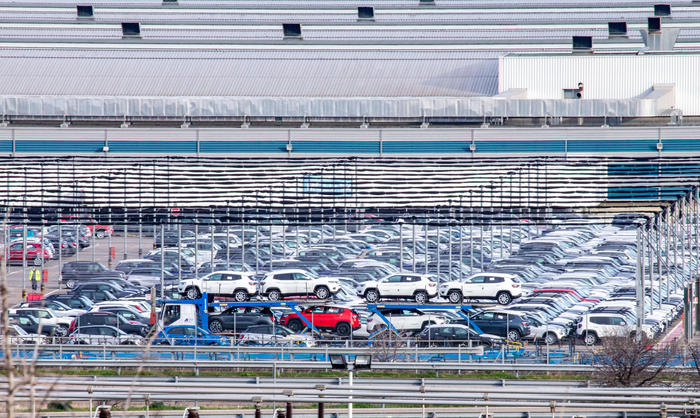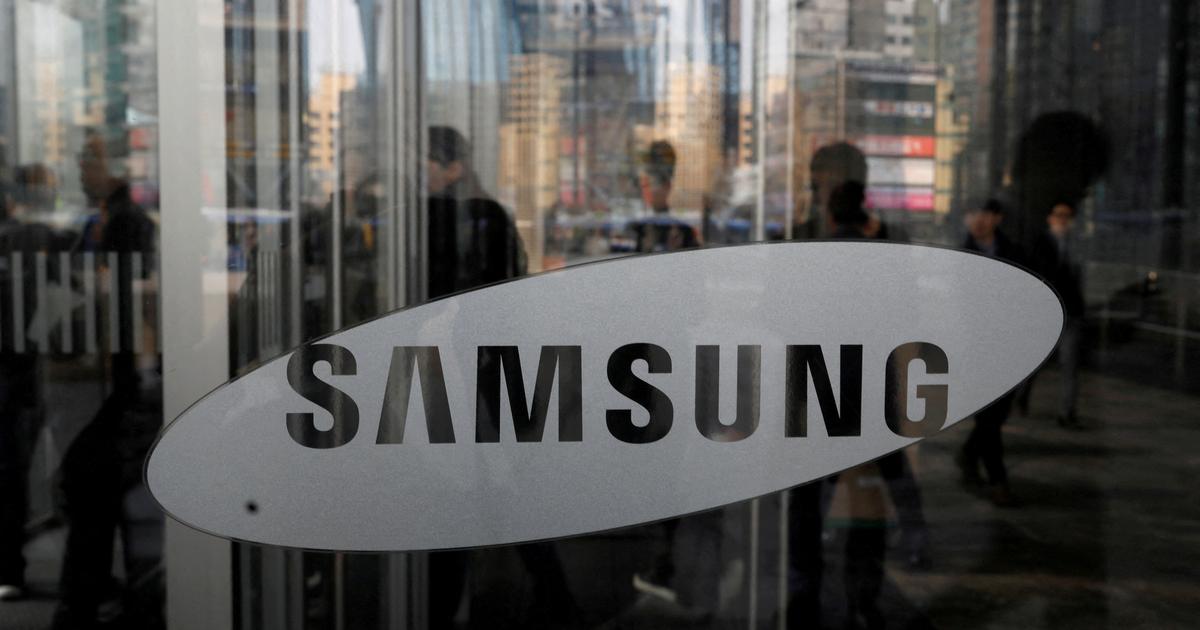When does the chip crisis end?
The automotive industry is concerned with the question of sufficient semiconductor products - the answer is open.
The lost production volume is already considerable.
Munich / Nanterre - The semiconductor shortage continues to affect the automotive industry.
Microchips and other important electronic components are missing everywhere.
Therefore, the industry is likely to miss out on total revenues of 210 billion US dollars (179 billion euros) this year, estimated the consulting firm Alix Partners in an analysis presented in Munich.
In May, it had assumed that the global losses would be significantly lower (110 billion dollars).
It is unclear how long the delivery problems with chips will last.
Faltering supplies are currently one of the greatest risks for the automotive industry - vehicles that have been ordered often cannot be completed, and many suppliers also remain under pressure.
The lighting and electronics specialist Hella, which will soon be part of the French supplier Faurecia, has cut its business forecast.
Semiconductor shortage: production downtime will become even greater
According to Alix, the loss of production in the entire industry is likely to be almost twice as large as previously assumed, at 7.7 million vehicles.
In May, a failure of 3.9 million cars was still forecast.
Experts at the British research institute IHS Markit also lowered their latest estimate for the global annual production of cars last week.
The Japanese auto giant Toyota announced in mid-September that it would be able to produce 300,000 fewer units in the fiscal year ending March 2022.
Daimler CEO Ola Källenius does not expect the situation in the industry to ease significantly until 2023.
Meanwhile, Volkswagen * announced that it would be sending more workers on short-time work again.
Semiconductor shortages: Suppliers in particular have problems
While car manufacturers could partially compensate for the production failures with higher vehicle prices, suppliers would have a harder time, said Marcus Kleinfeld from Alix Partners.
That is why they are hit harder by the lack of chips than the car manufacturers themselves. The suppliers depend in particular on the manufacturers' production volume.
So the headlight and electronics specialist Hella cut its forecast.
Because car manufacturers can build fewer vehicles due to the chip bottlenecks, sales in the current financial year should only reach 6 to 6.5 billion euros by the end of May 2022, announced the MDax company in Lippstadt.
So far, the Hella executive board had assumed 6.6 to 6.9 billion euros.
Currency effects and the purchase and sale of parts of the company are excluded.
In addition, a smaller part of sales is likely to remain as adjusted operating profit at Hella: Management is now reckoning with 5 to 7 percent, previously it had targeted around 8 percent.
Semiconductor shortages: production downtimes, corona crisis, shortage of raw materials - global problem
The auto supplier and Continental rival Faurecia also squeezed its annual targets.
The French are just about to take over Hella.
At 15.5 billion euros, your turnover will be around one billion euros lower than previously thought, according to Nanterre.
Faurecia also expects the profit in day-to-day business to be at a lower level: instead of 7 percent, according to the updated forecast, only 6 to 6.2 percent of sales should remain as operating income.
The chip slump has been burdening the auto industry for months.
Initially, during the Corona crisis *, the large contract manufacturers switched to semiconductors for consumer electronics in order to meet the high demand.
In addition, there were production downtimes at chip companies in Japan and the USA as well as corona lockdowns in Malaysia and other Southeast Asian countries.
Semiconductors are very scarce worldwide - and the creation of new capacities, initiated by chip manufacturers for high billions, is taking a long time.
Due to the lack of chips, Mercedes is now delivering new cars with stripped-down equipment * to customers.
(dpa) * Merkur.de is part of IPPEN-MEDIA








